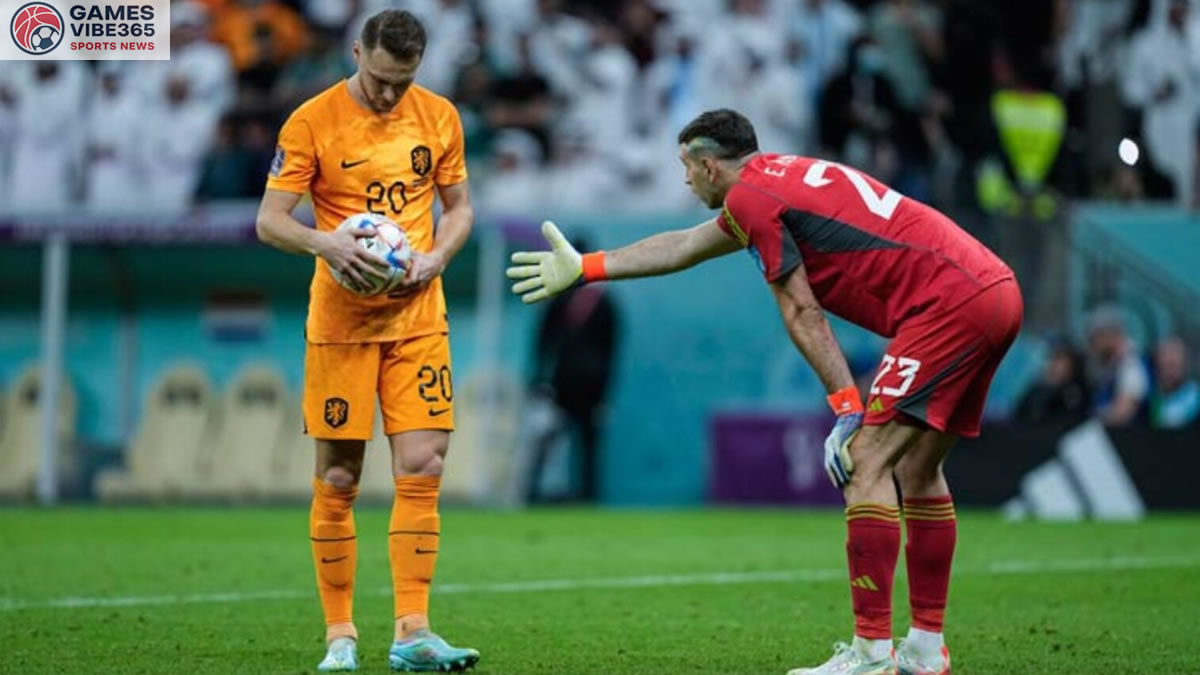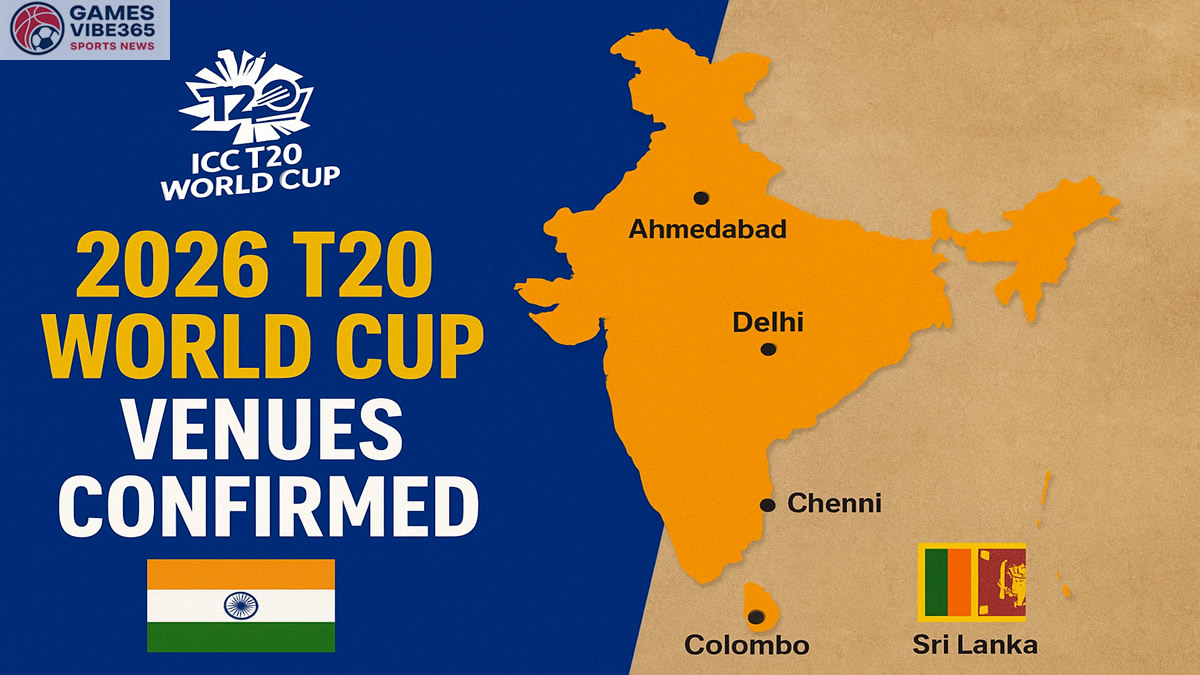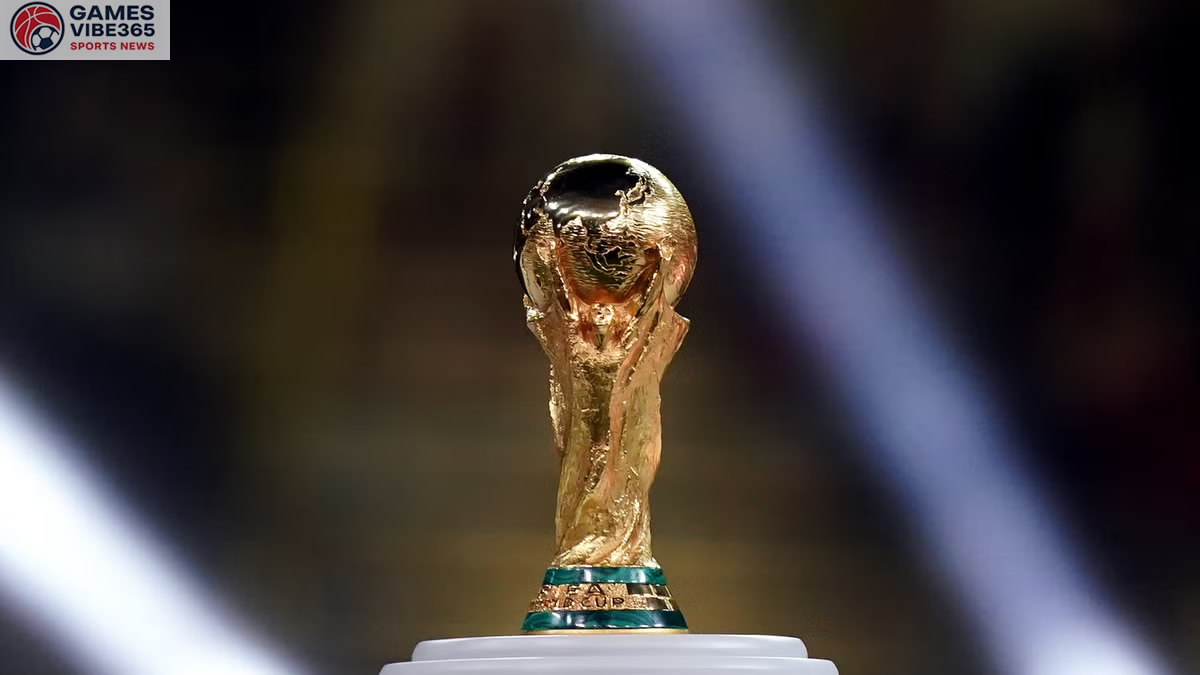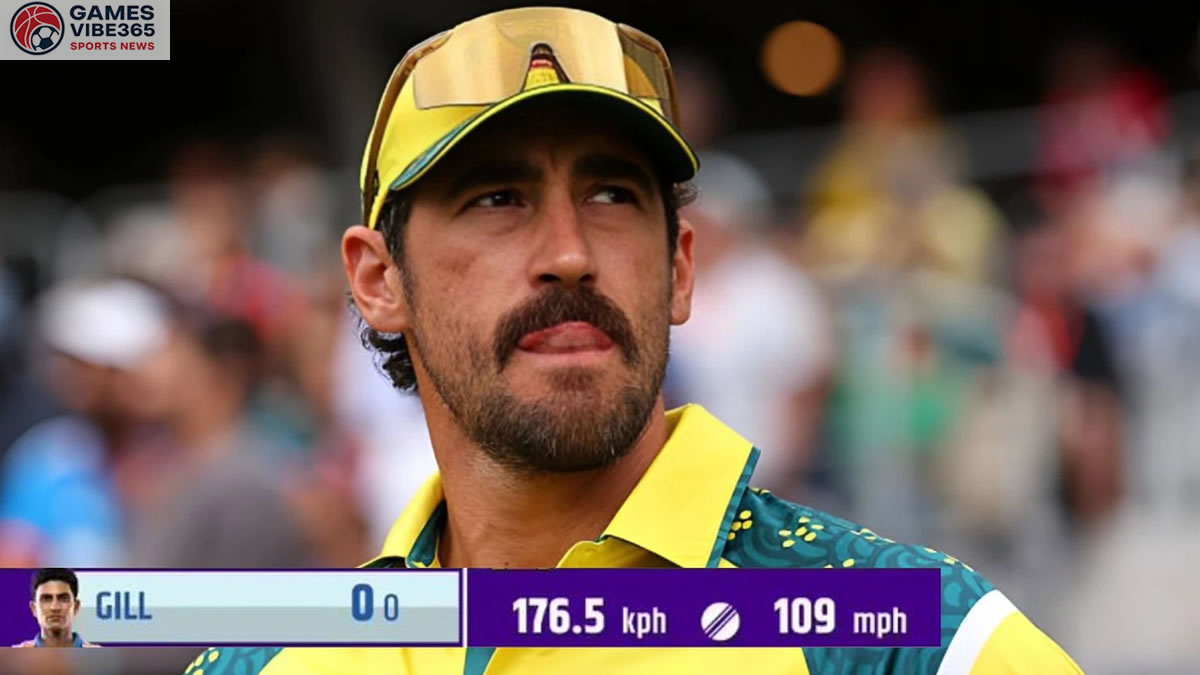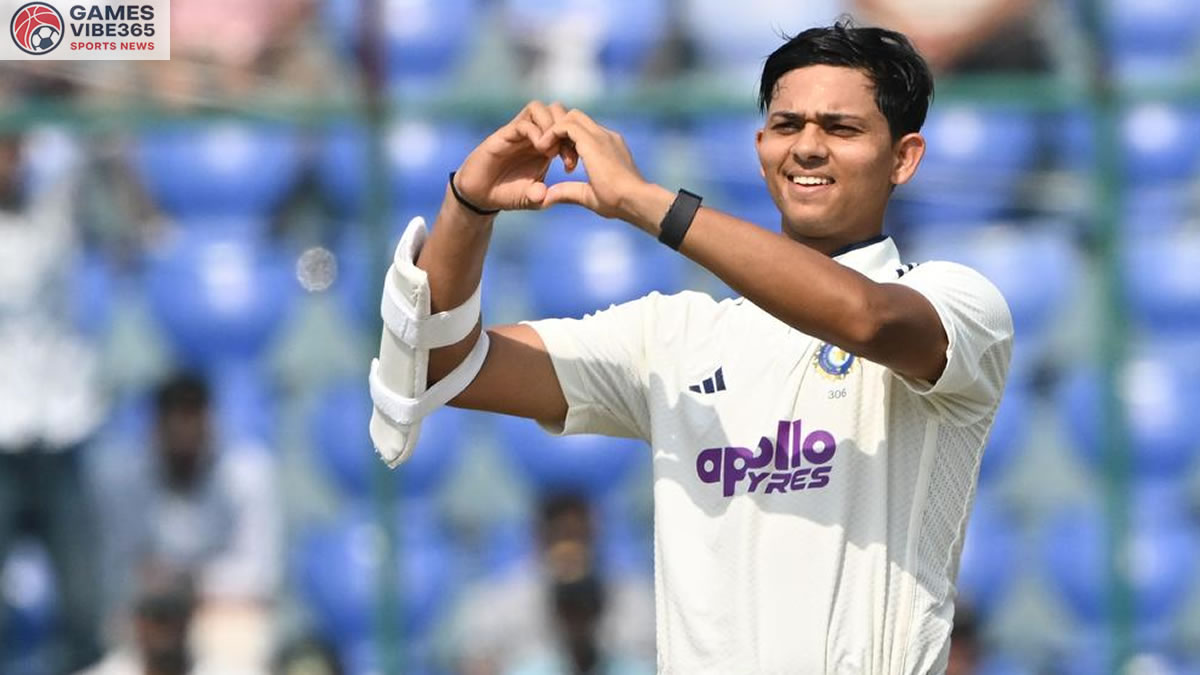World Cup 2026: Penalty shootouts have long been some of the most thrilling and nerve-wracking moments in football. They have decided World Cup finals, ended fairy-tale runs, and produced unforgettable heroes and villains. But FIFA is now considering a dramatic change to how penalties are taken, a move that could transform one of the sport’s most iconic moments.
A Bold Proposal on the Table
According to former Spanish referee Eduardo Iturralde, speaking on Cadena Ser’s Carrusel Deportivo, FIFA’s legendary head of referees Pierluigi Collina is spearheading discussions about altering penalty kick rules.
The proposed change is simple but seismic:
- If a goalkeeper saves a penalty either by catching the ball or parrying it the play would stop immediately.
- The attacking team would no longer be allowed to score from a rebound.
- Instead, the defending team would resume play with a goal kick.
Currently, rebounds often lead to “second-chance” goals, where the penalty-taker or a teammate pounces on the loose ball. If this proposal is approved, those follow-ups would disappear entirely.
One unanswered question, however, is what happens when the ball hits the post or crossbar without the goalkeeper making contact. Would the attacking side still be allowed to follow up, or would the play end instantly? FIFA has not yet provided clarity.
Why FIFA Wants the Change
This isn’t the first time FIFA has introduced reforms aimed at modernizing football. The introduction of VAR at the 2018 World Cup in Russia reshaped refereeing decisions forever. Similarly, changes to the offside rule and concussion protocols have sought to balance fairness and player safety.
Collina, known for his strict but fair refereeing style, reportedly believes the current penalty format overly favors the attacking side. By removing rebound opportunities, the penalty would return to being a direct duel between striker and goalkeeper one shot, one save, one outcome.
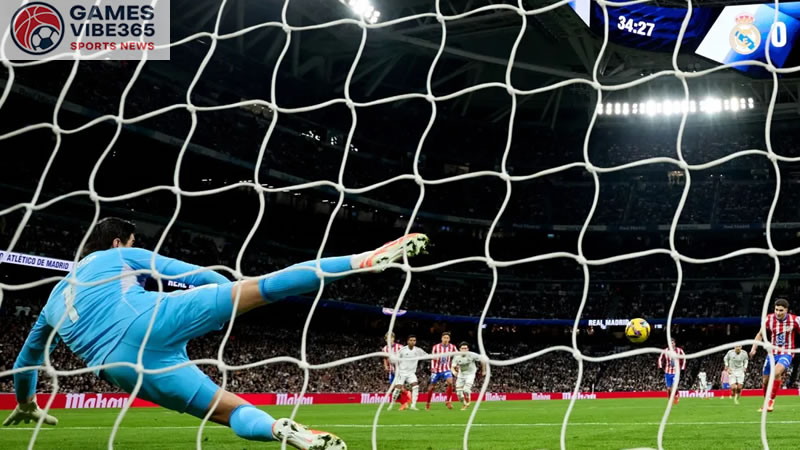
For FIFA, the move could also simplify officiating. Goals scored on rebounds often spark controversy was the goalkeeper encroaching? Did other players invade the box early? Eliminating rebounds could reduce such disputes.
When Could the Rule Take Effect?
Crucially, the new system wouldn’t be implemented immediately. Even if approved, FIFA intends to keep the existing penalty format in place for the 2026 World Cup, which will be hosted by the United States, Mexico, and Canada from June 11 to July 19.
That means North America’s historic 48-team tournament will be the last World Cup played under the current penalty regulations. Any new rule would debut afterward, potentially in smaller tournaments before reaching global competitions.
Who Decides Football’s Rules?
While FIFA is driving the discussion, it does not have unilateral power to change football’s Laws of the Game. That authority lies with the International Football Association Board (IFAB), a body founded in the late 19th century to standardize the sport’s rules.
The IFAB includes eight voting members:
- Four representatives from FIFA.
- One representative each from the English, Scottish, Welsh, and Northern Irish Football Associations.
To pass any new rule, at least six votes are required. With its four votes, FIFA wields veto power, meaning no rule can pass without its support—even if all four British associations are in favor.
This structure ensures that rule changes reflect both FIFA’s global perspective and the historical influence of the UK, where the modern game was born.
Potential Impact on the Game
If implemented, this change would have wide-ranging implications:
- For penalty takers: The pressure would intensify. A single saved shot would mean immediate failure, with no second chances.
- For goalkeepers: Their saves would carry greater weight. No longer would a dramatic stop be nullified seconds later by a rebound goal.
- For tactics: Coaches might rethink their choice of penalty-takers, prioritizing composure over sheer power to avoid parries.
Historic Examples That Would Change
Football history is full of iconic rebound goals that would not have stood under the new rules. For instance:
- In Euro 2008, Luka Modrić’s missed penalty against Turkey was followed up for a dramatic equalizer.
- Countless shootouts have seen strikers capitalize on spilled saves to keep their teams alive.
Such moments, while thrilling, might become a thing of the past.
A Step Toward Fairness or Overreach?
Fans are divided over the proposal. Supporters argue that penalties are already stacked in favor of attackers, and this rule would restore balance. Critics counter that rebounds are part of the drama and that removing them would strip away one of football’s most unpredictable elements.
There’s also a cultural dimension. Penalties have become folklore, from Roberto Baggio’s infamous miss in 1994 to Andrea Pirlo’s cheeky Panenka in 2012. Any rule that reshapes them risks altering the emotional fabric of the game.
What Comes Next
The debate is expected to intensify in the coming months. If FIFA and IFAB proceed, the change could be trialed in youth or lower-tier competitions before adoption at the senior level.
For now, the football world waits. What is certain is that if the rule is introduced, the penalty kick—already the most high-pressure moment in the sport will become even more unforgiving.
Final Thoughts
Football has always evolved, from goal-line technology to VAR. This potential penalty rule change represents the next frontier in FIFA’s mission to modernize the sport while keeping it fair. Whether fans embrace it or resist it, one thing is clear: the penalty shootout, football’s greatest theater of nerves, might never look the same again.
Also Read: FIFA World Cup 2026 Official Ticket Resale Platform Launches in October

